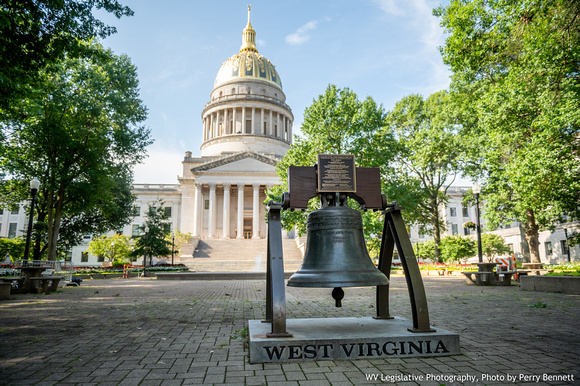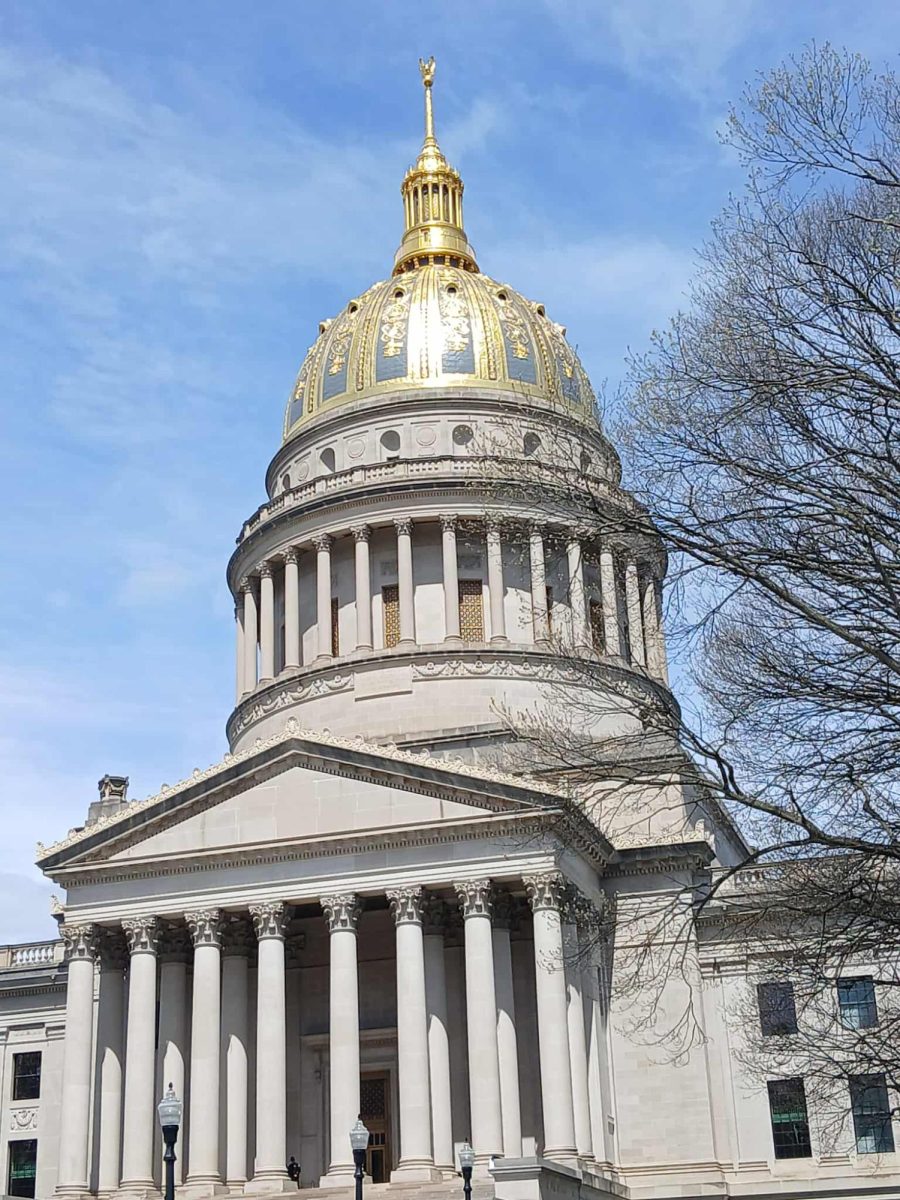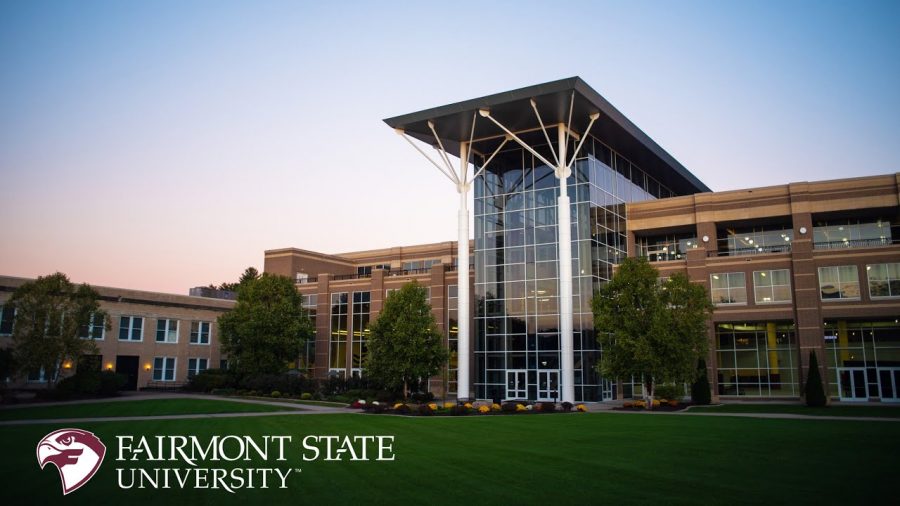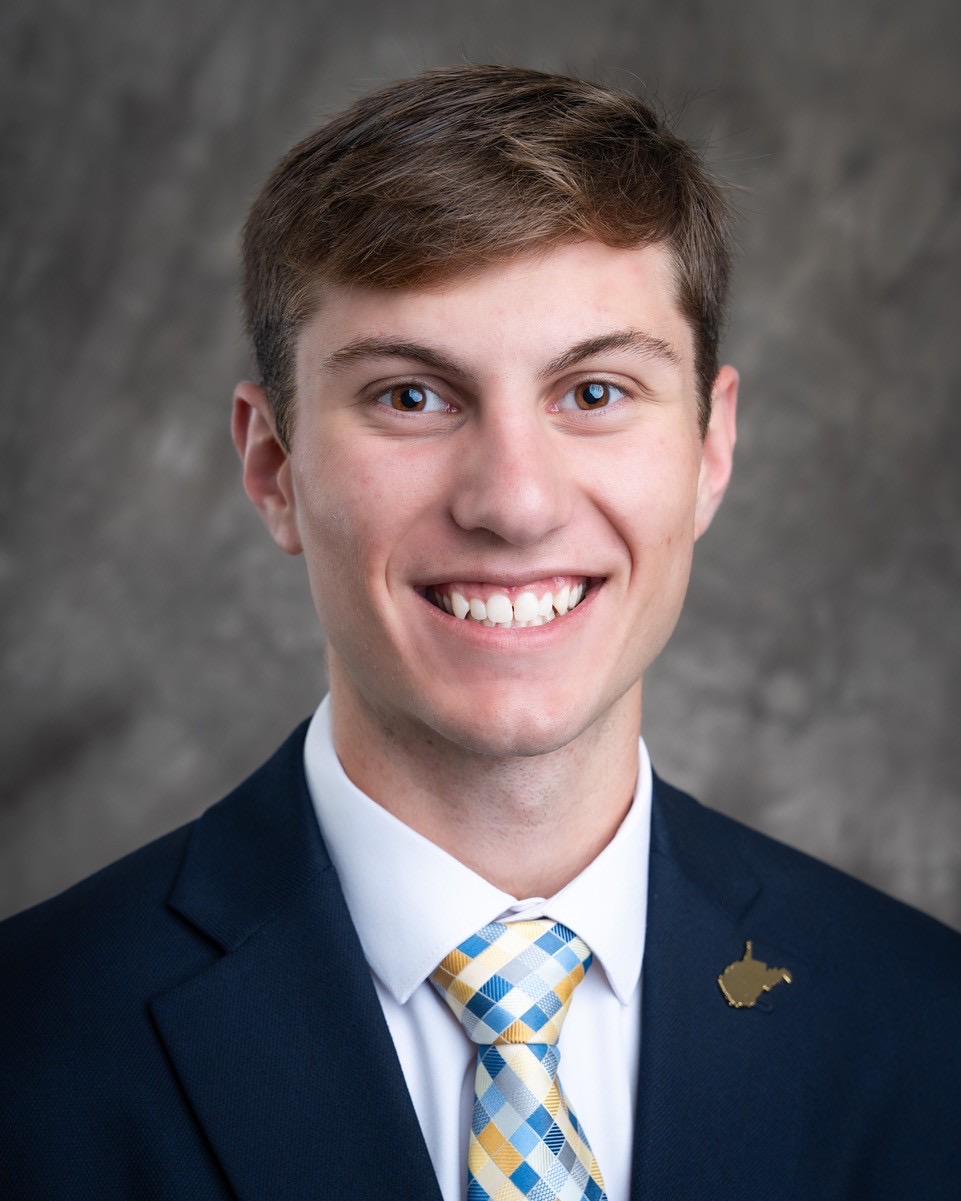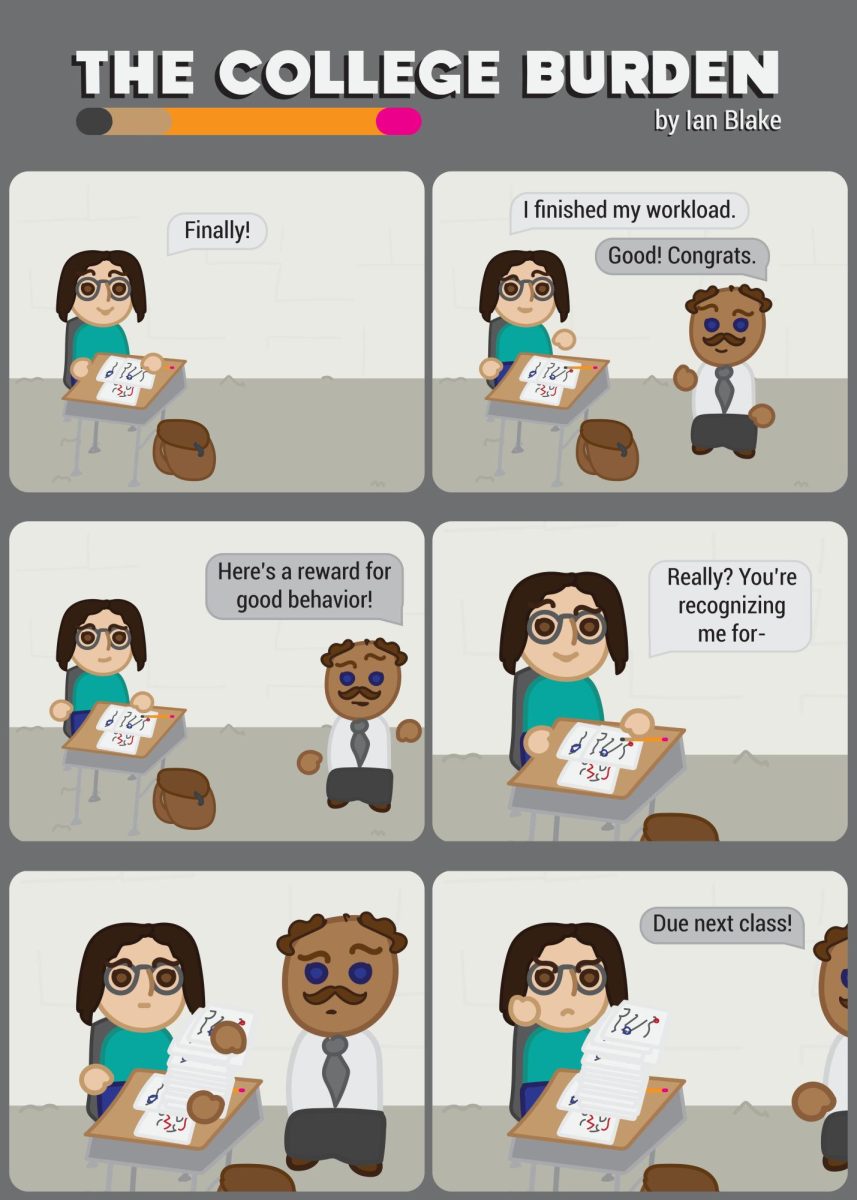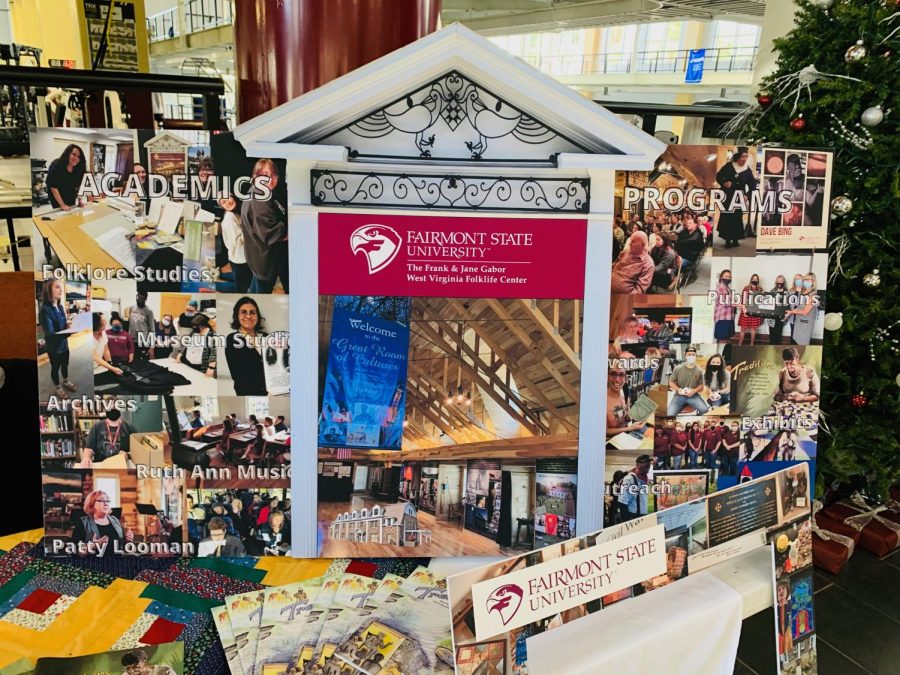Members of the Fairmont State community spoke out against the new Board of Governors law passed by the West Virginia Legislature in April 2025.
During the regular legislative session in the spring, the West Virginia legislature passed HB3279, a bill to amend the state code relating to the board of governors of public universities across West Virginia. Each public university is governed by a board of governors; members of the board of governors are appointed by the governor and are confirmed by the West Virginia Senate.
The bill removed the voting rights of faculty, staff, and student representatives who serve on the Board of Governors at public universities, such as Fairmont State University. Under the new law, these positions will now only serve as “nonvoting, advisory members.”
Republican State Senator from Monongalia County Mike Oliverio offered amendments on the Senate floor aimed at restoring voting rights. Oliverio also introduced amendments to ensure that the representatives would have access to all board of governors’ materials and meetings, including executive sessions. The Senate rejected Oliverio’s floor amendments.
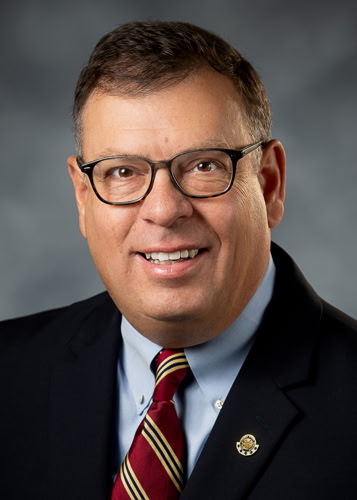
Senator Oliverio expressed his opposition to the new state law.
“I think we’re, in a way, silencing the voices of students, faculty, and staff at an institution where we shouldn’t be doing that,” Oliverio said.
After offering amendments to HB3279 and speaking in opposition to the bill, Senator Oliverio voted against its passage.
“I felt like I did everything in my power to preserve the voting rights of the student, faculty, and staff representatives,” Oliverio said.
Faculty Representative Dr. Angela Schwer said that she is disappointed that she will not be on the record as a voting member, but she feels valued by the Fairmont State Board of Governors chair, Jason Pizatella, and Fairmont State University President Dr. Michael Davis.

“Both Dr. Davis and Jason Pizatella have told me very clearly that the point of view of the faculty is important to the decisions of the board of governors, and that my contribution will be respected and solicited,” Schwer said.
Schwer said that she believes that HB3279 was legislative overreach, but she is honored to serve and hopes to make a contribution to the successful running of Fairmont State University.
Student Representative to the Board of Governors Harrison Linkous said that HB3279 will not affect Fairmont State University like other universities across the state.

“I think it is a tragedy that students no longer have the vote,” Linkous said. “But I don’t think that it will affect our university so much because we have a board of governors and a president that cares about the university, and the faculty and staff here is just tremendous, so I think we’re very blessed for that.”



